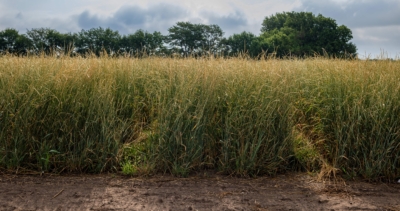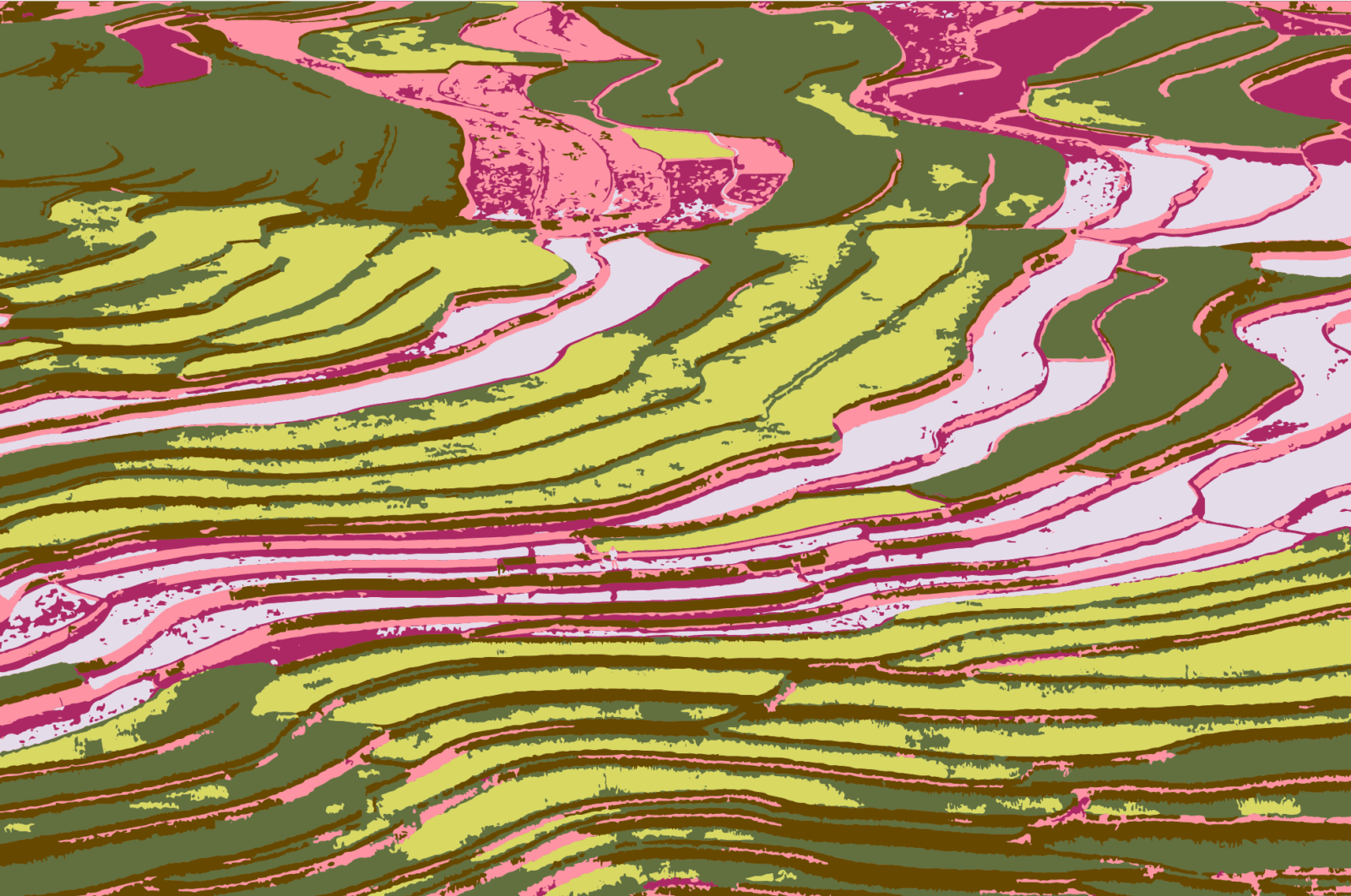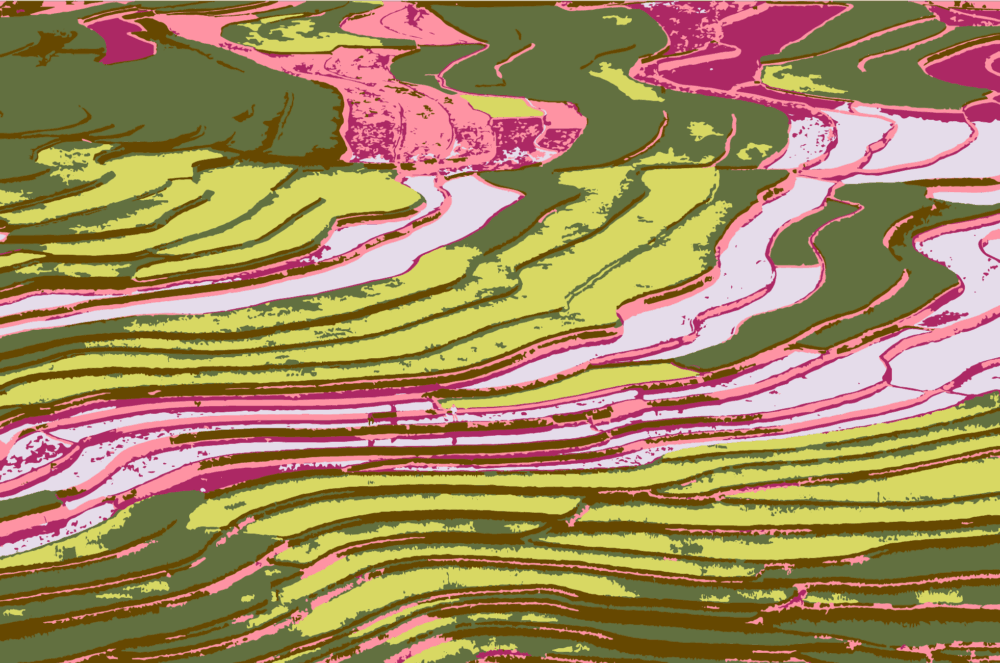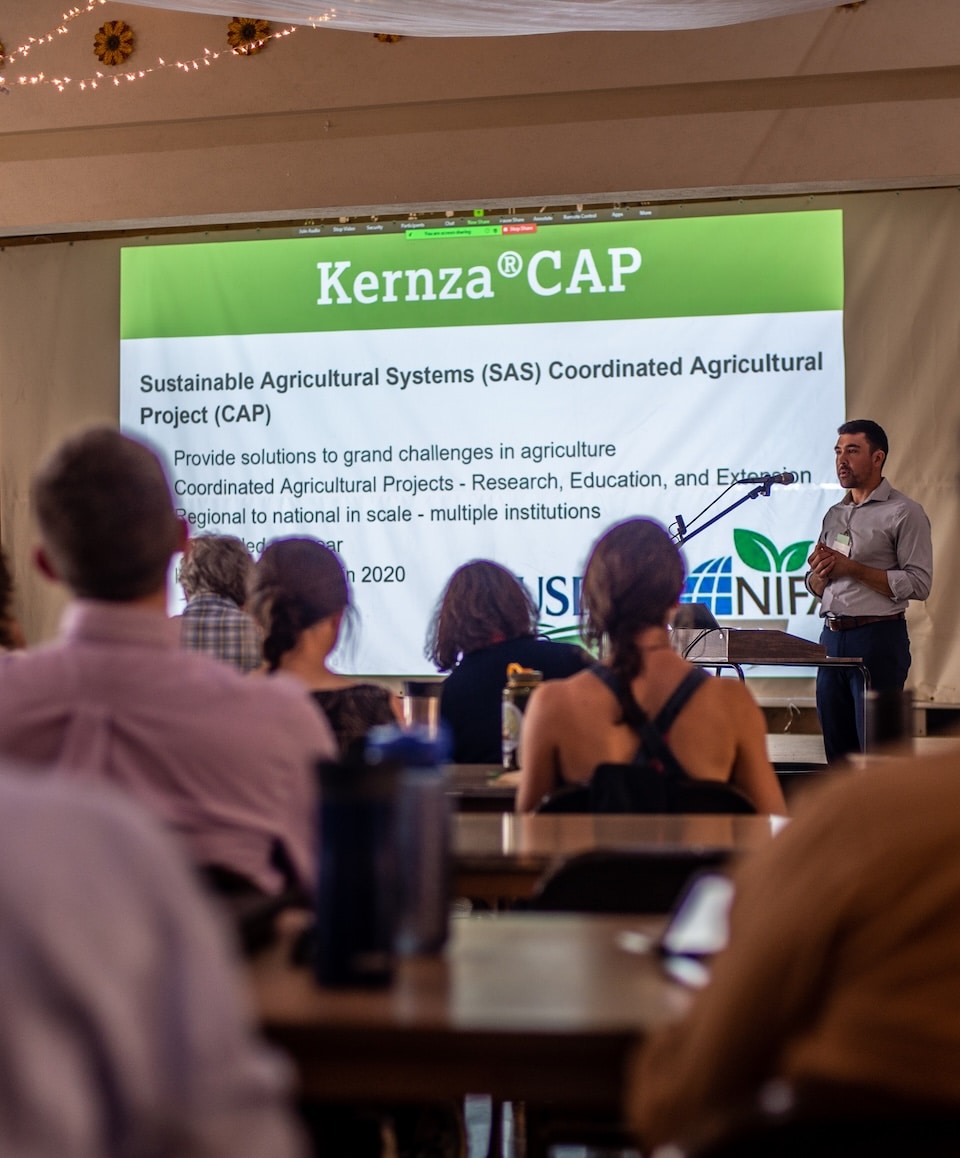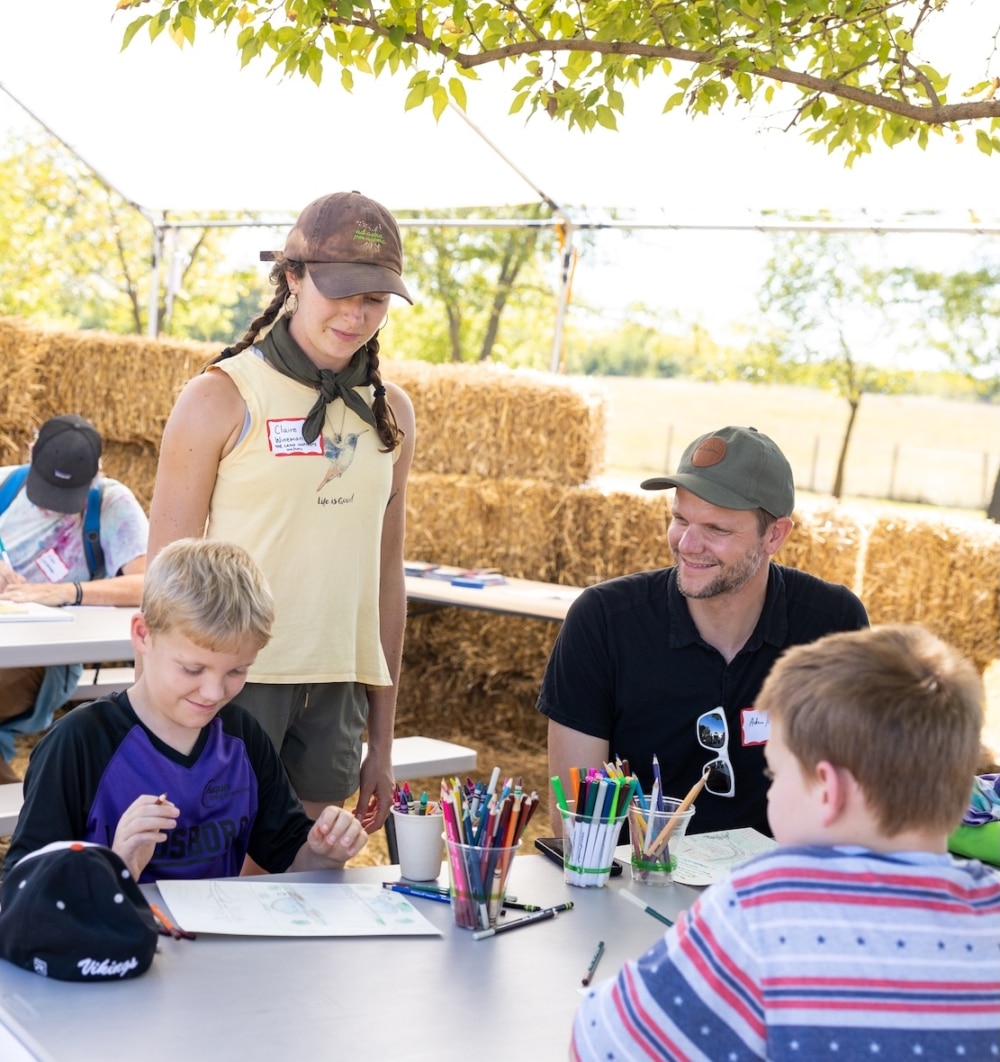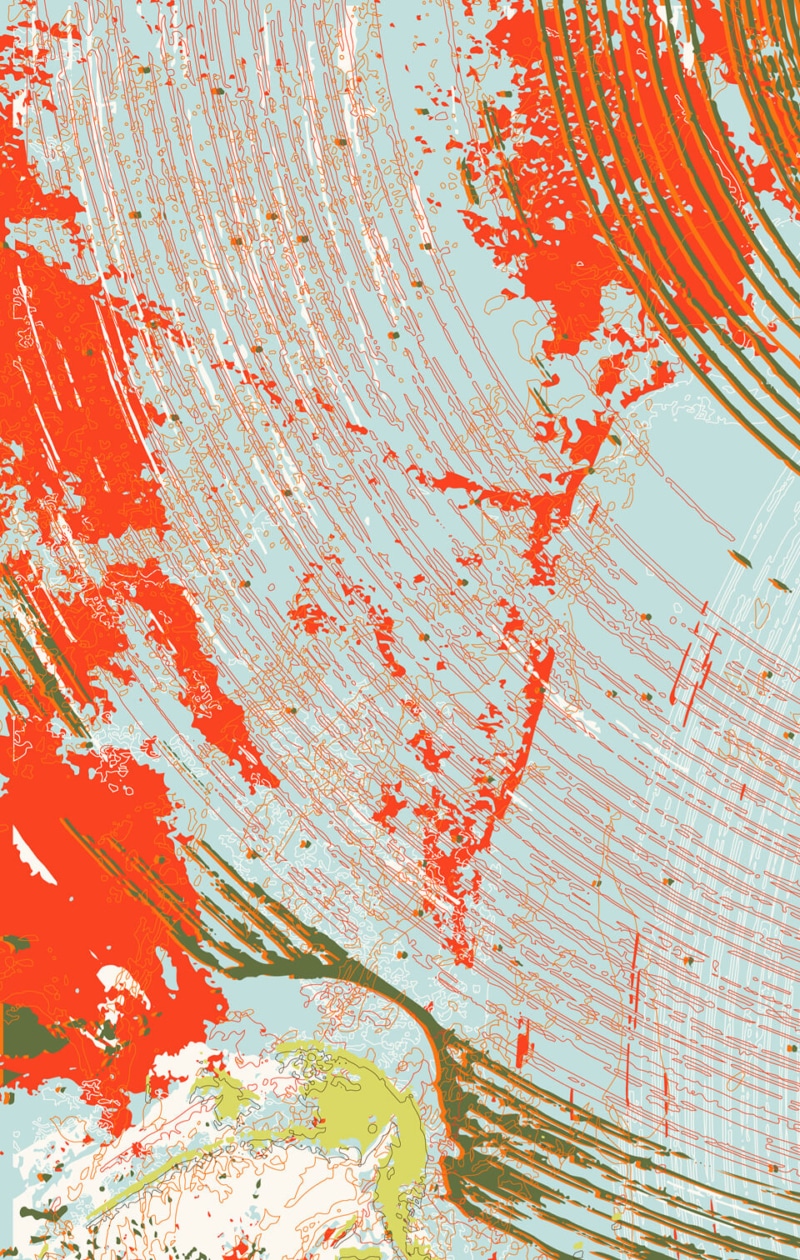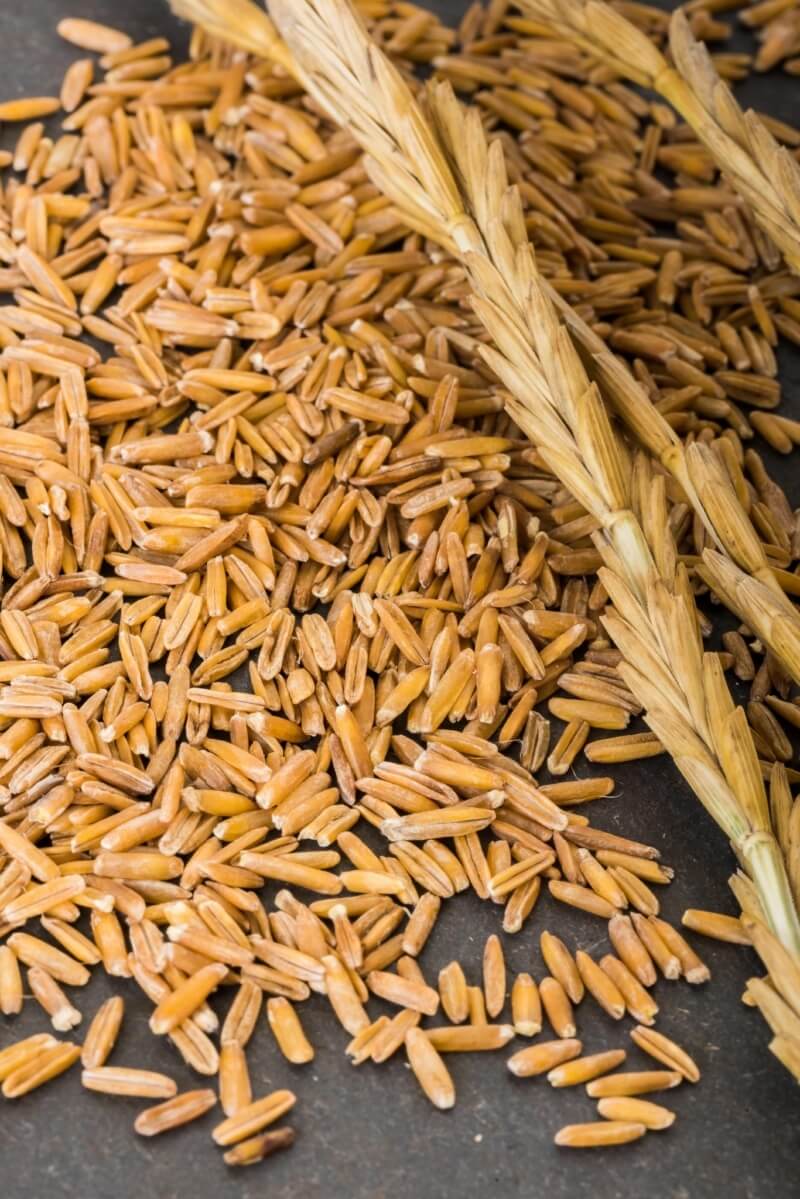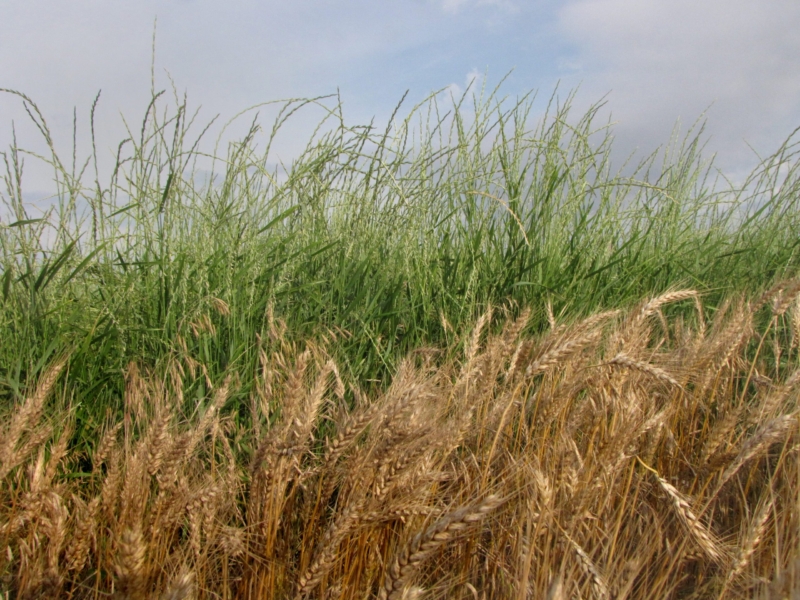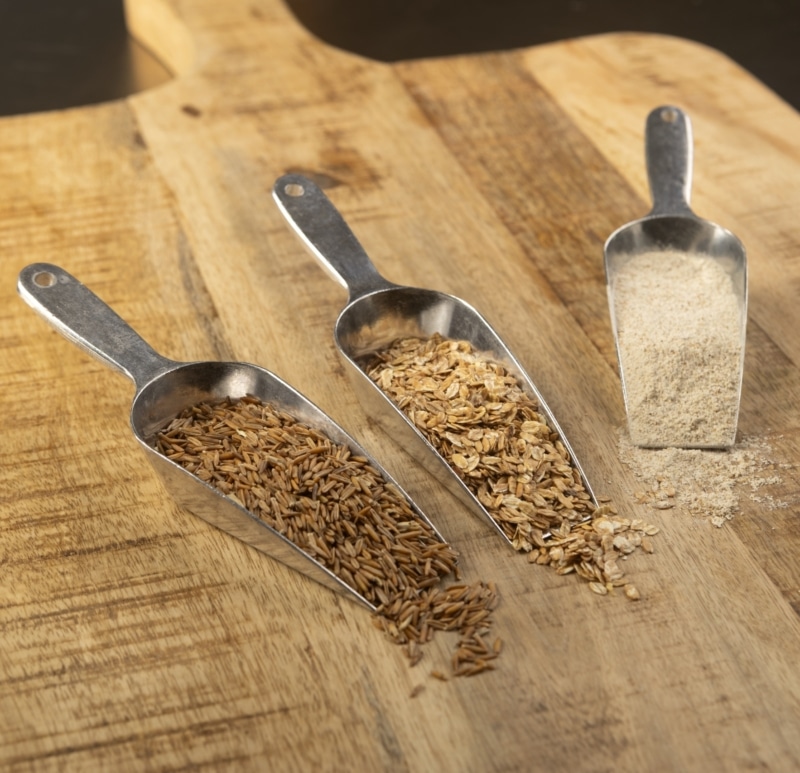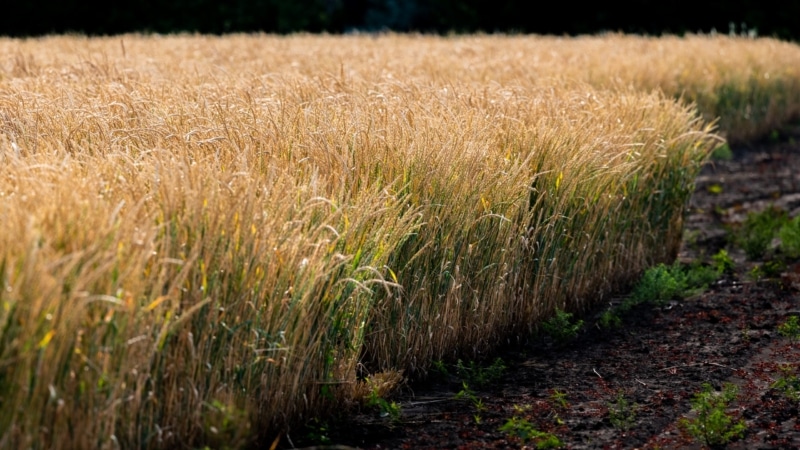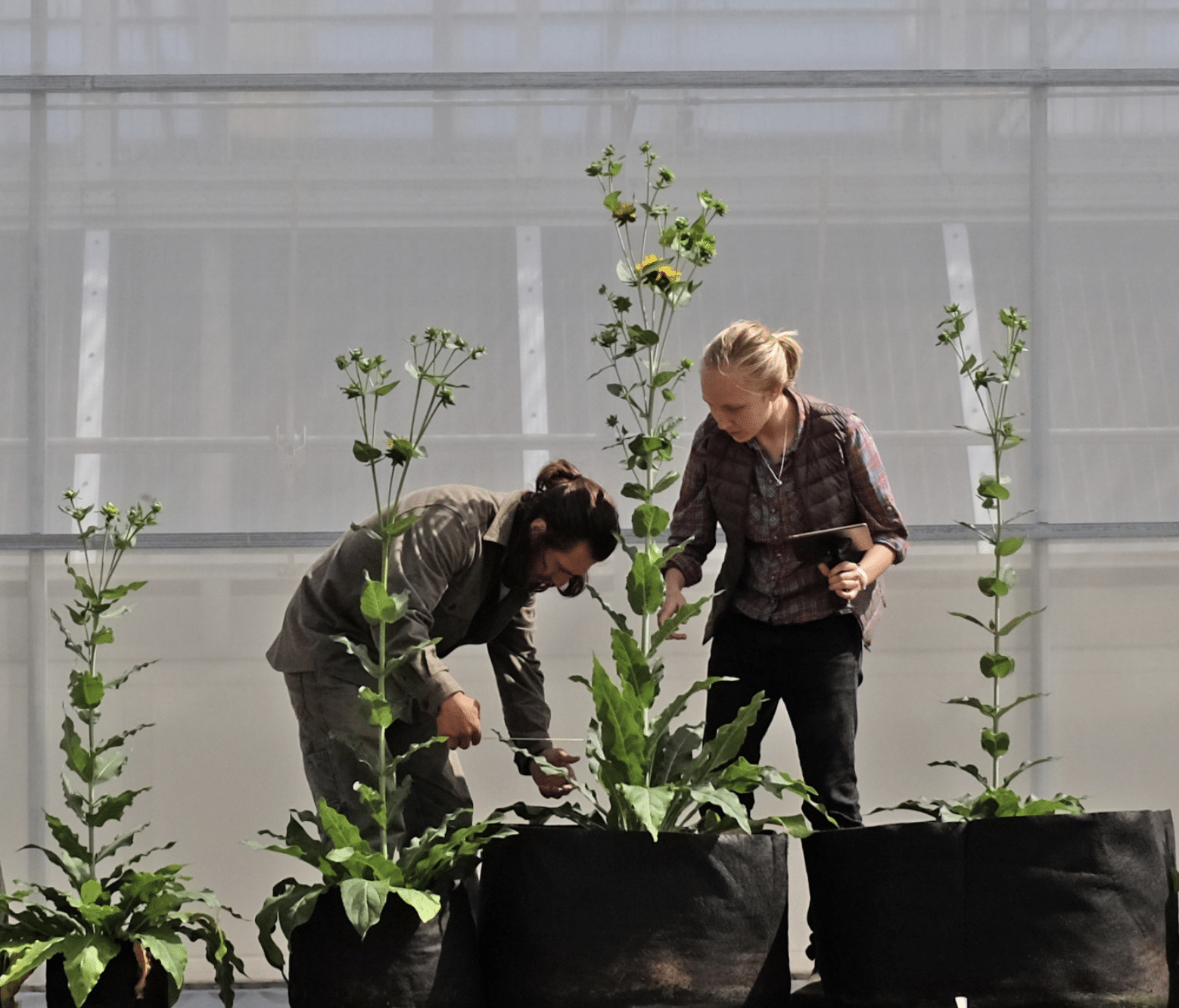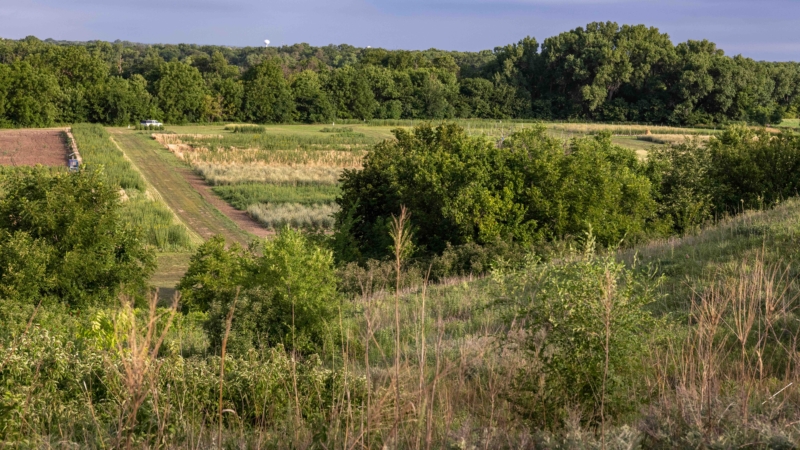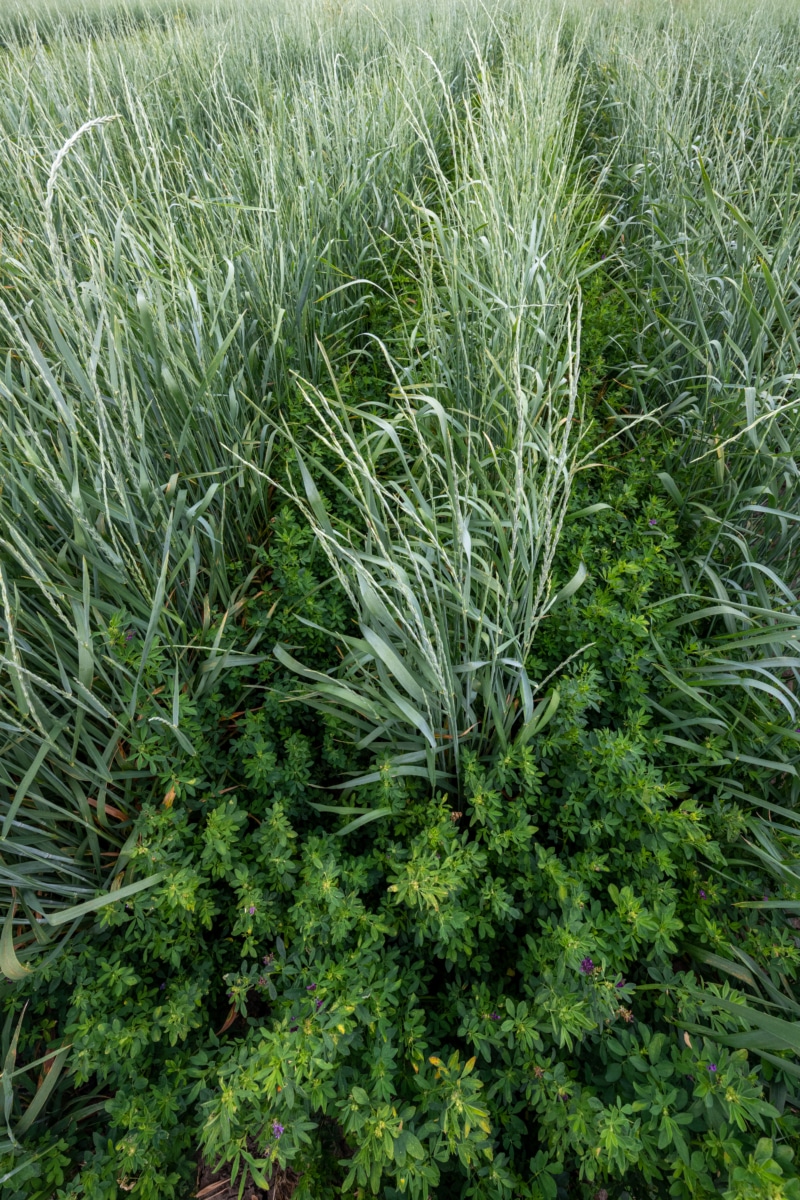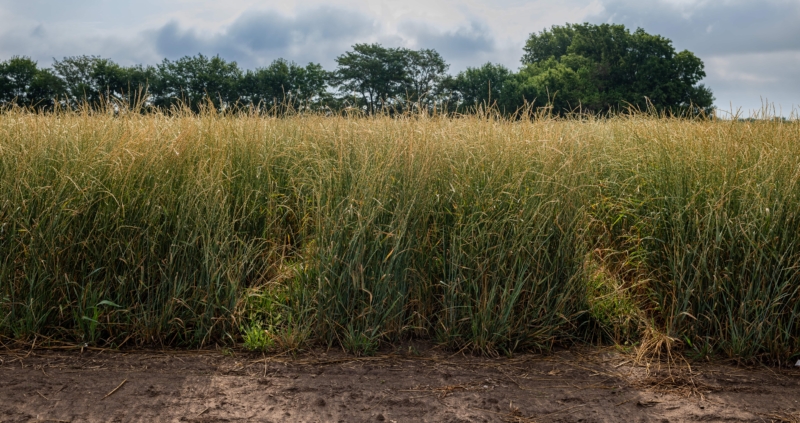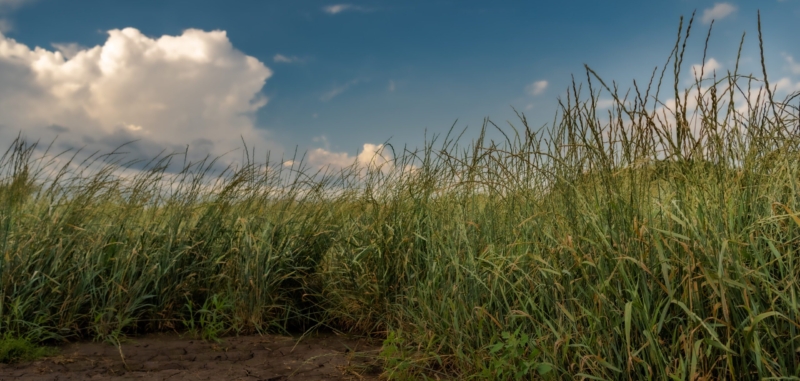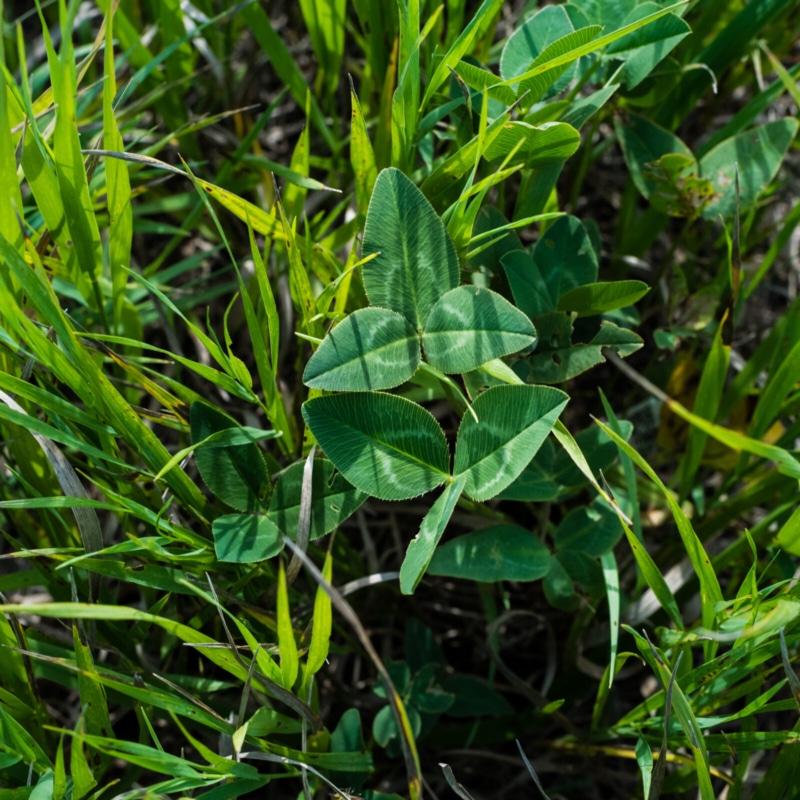Don’t miss the President’s Letter 2025 – From 50 years of progress to imagining the next 50 years.
Areas of focus
Why perennial?
With grains covering 70% of global croplands, transitioning from annual to perennial crops offers our best path toward a regenerative food future.
-
Search Type Menu
- Everything
- Staff
- Research & publications
- Events
- Reports
- News
- Learn
- Video
Don’t miss the President’s Letter 2025 – From 50 years of progress to imagining the next 50 years.
